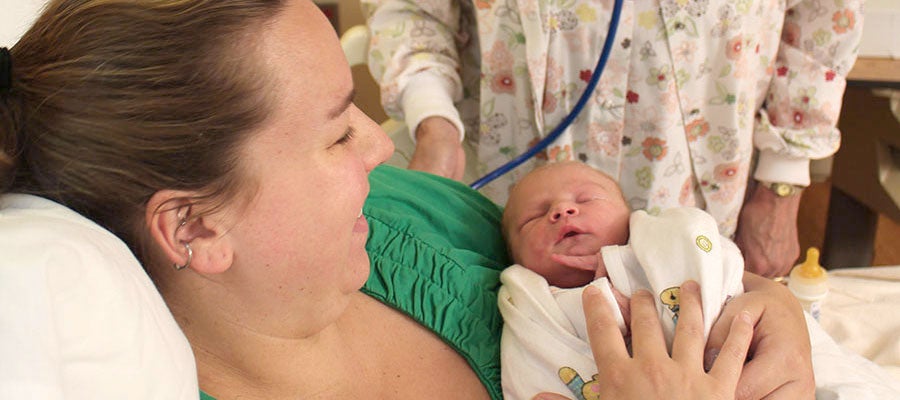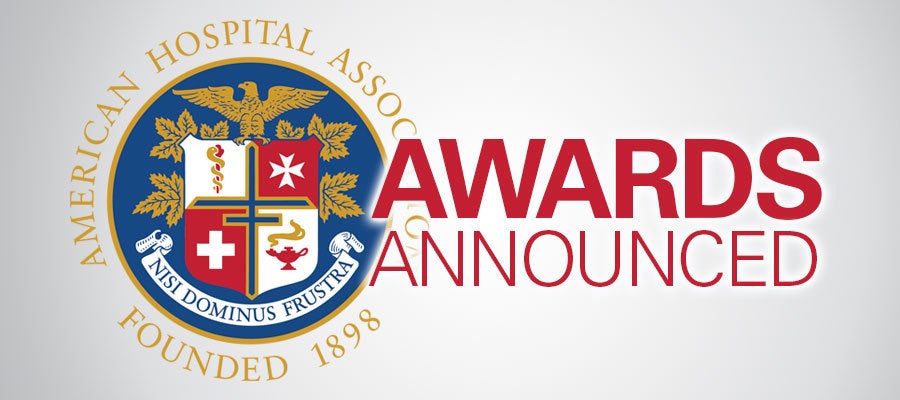
Crysta Meekins, a program manager for AHA’s Institute for Diversity and Health Equity, shares four takeaways on how to provide equitable, culturally competent and interdisciplinary maternal care to women of color from discussions at a recent screening of “Toxic: A Black Woman’s Story,” a short educational film about racism, toxic stress and birth outcomes.






